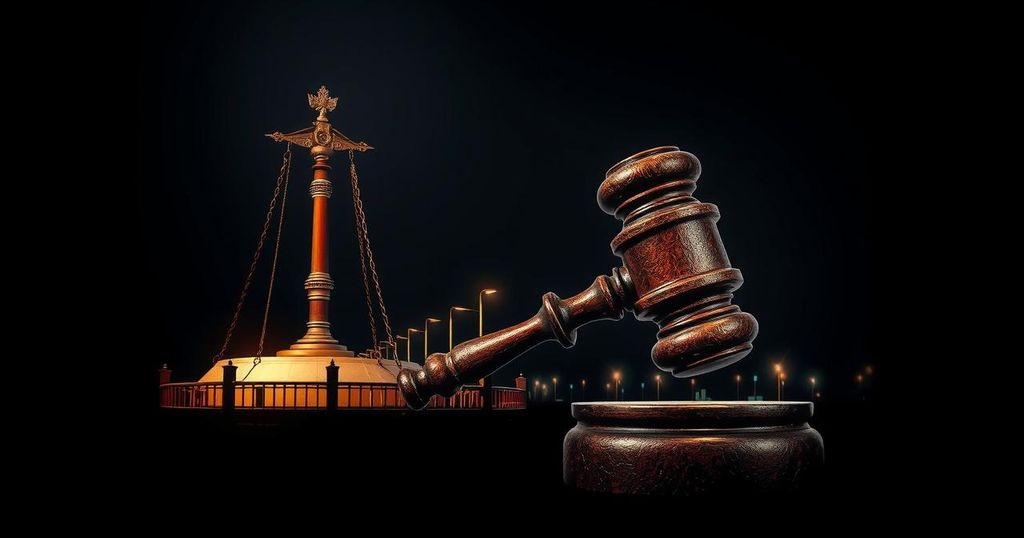Corporate Criminal Liability for Human Rights Violations in Indonesia: A Legal Perspective

This research article analyzes the debate surrounding corporate criminal liability for gross human rights violations, focusing on developments in Indonesian law and international principles. It underscores the capacity of corporations to contribute to severe human rights abuses and highlights existing legal frameworks, such as the newly revised Indonesian Criminal Code, that could facilitate prosecutions. The findings emphasize the importance of developing laws that recognize and address corporate complicity in egregious acts globally.
The discourse on corporate criminal liability remains contentious, with different states adopting diverse approaches. Some utilize the ‘identification approach’ whereby liability is attributed to individuals within the corporation, while others employ the ‘organizational approach’ that considers corporate structures. Such frameworks, although addressing many criminal acts, falter in holding corporations accountable for severe human rights violations, which are frequently tied to individual offenders. The Rome Statute, which cites individual liability for egregious transgressions, highlights the oversight regarding corporate capacities in perpetrating such violations. As corporations evolve into multinational entities, their operations can catalyze human rights abuses in nations where they establish subsidiaries. Reports reveal that certain companies have been complicit in facilitating severe violations through financial means or logistical support, thereby exacerbating conflicts. Notably, the International Commission of Jurists has documented how businesses have knowingly aided state forces or armed factions in their oppressive campaigns, indicating a recognition of the potential for corporate criminal liability. Various cases have underscored corporate influences in human rights abuses tied to wars and conflicts. For example, Lundin Energy is currently being charged with complicity in war crimes committed during its oil operations in Sudan amidst an ongoing civil war, wherein it sought military protection from government forces implicated in gross rights violations. Similarly, during the Israeli-Palestinian conflict, Lima Holding BV confronted allegations for its role in facilitating actions against civilians through material support for military initiatives.
The original article explores the complexities surrounding corporate criminal liability in the context of human rights violations in Indonesia and globally. It emphasizes the need to adapt legal frameworks to effectively pursue accountability for corporations involved in heinous acts, particularly as multinational corporations often operate in environments rife with human rights abuses. It highlights international norms as well as recent changes in Indonesian law that may address corporate complicity in such violations. The transition within Indonesian law serves as a pertinent backdrop for discussing how entities can be held accountable for enabling or failing to prevent severe rights infringements.
In conclusion, the examination of corporate criminal liability vis-a-vis human rights violations underscores an urgent need for robust legal frameworks in both local and international contexts. The recent amendments in the Indonesian Criminal Code signify a progressive step toward acknowledging corporations as legitimate subjects of criminal law, paving the way for potential prosecutions related to gross human rights violations. By consolidating the theories of aiding and abetting and corporate culture, it becomes feasible to hold corporations accountable and deter future complicity in such crimes.
Original Source: unair.ac.id








